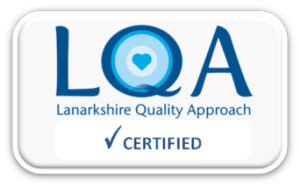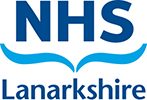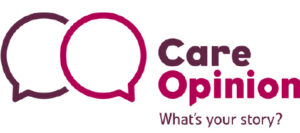Eat well to feel well
Information for patients
NHS Lanarkshire Dietetic Department
PIL.EATWEL.21_24736.L
Why should I eat a healthy diet?
Eating well will:
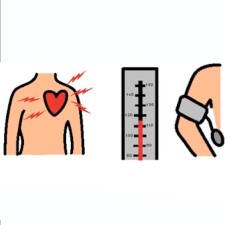
- Reduce my risk of becoming unwell.

- Help my weight.

- Give me more energy.

- Keep my mind and body healthy.
If you are overweight
Losing weight can help:
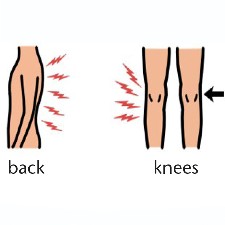
- Knee and back pain.
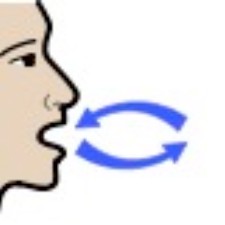
- Stop you feeling out of breath.
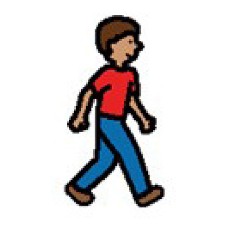
- Make walking easier.
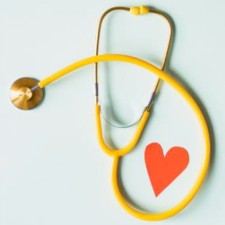
- Keep your heart healthy.
Carbohydrates
These foods will give your body the energy it needs to do the activities you enjoy.
High fibre foods will help you feel fuller for longer.

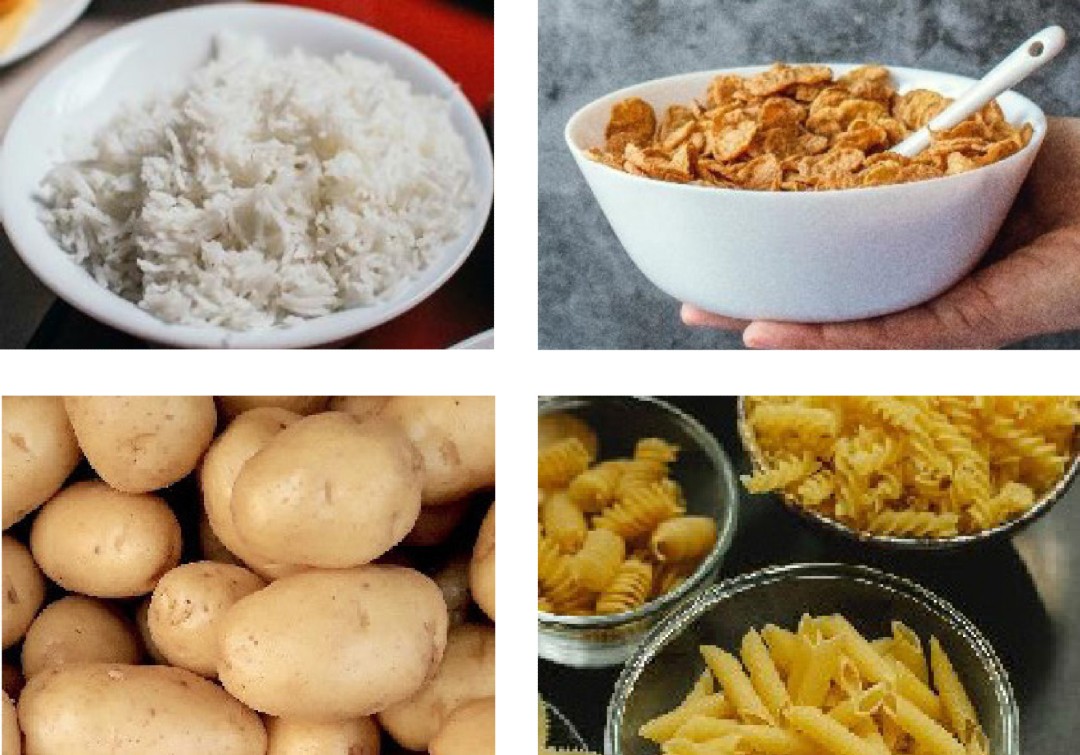
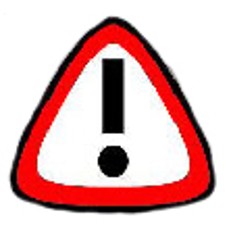
Remember:
Try to choose high fibre varieties like brown bread, wholemeal pasta and wheat or bran based breakfast cereals.
Have a carbohydrate type food at each main meal.
Fruit and Vegetables
These foods are very important to keep your body healthy.
They provide you with vitamins, minerals and fibre.

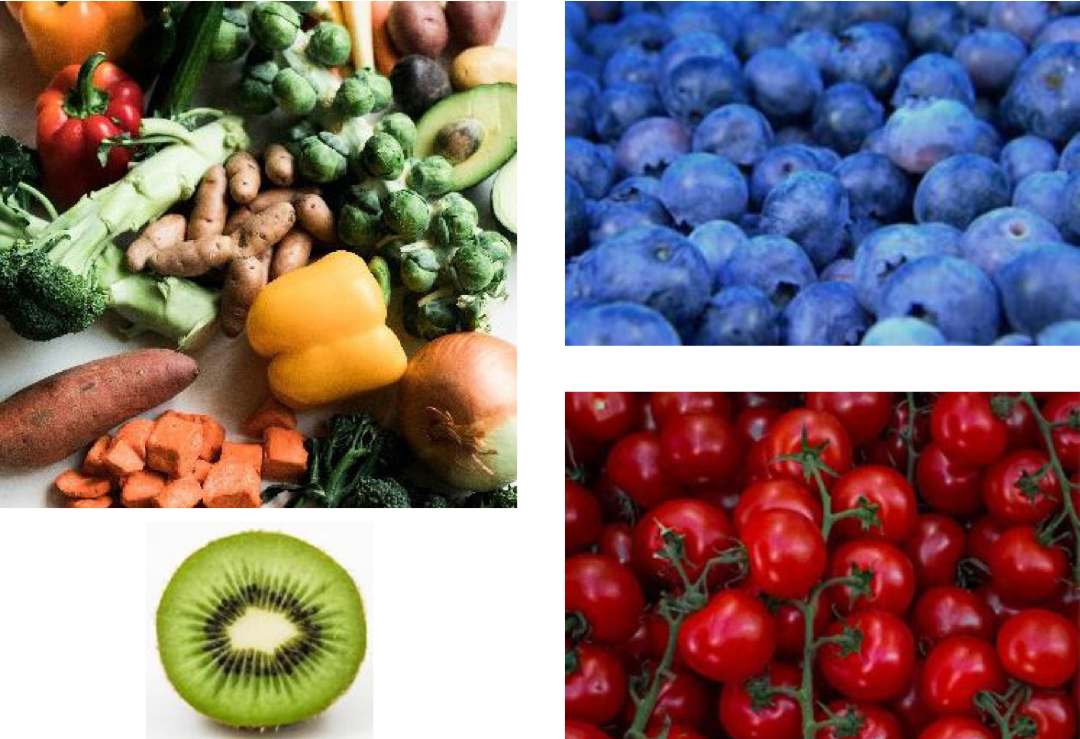

Remember:
Try to have 5 portions each day.
Proteins
These foods are very important to keep your body healthy.
They are needed to help your body grow and repair.

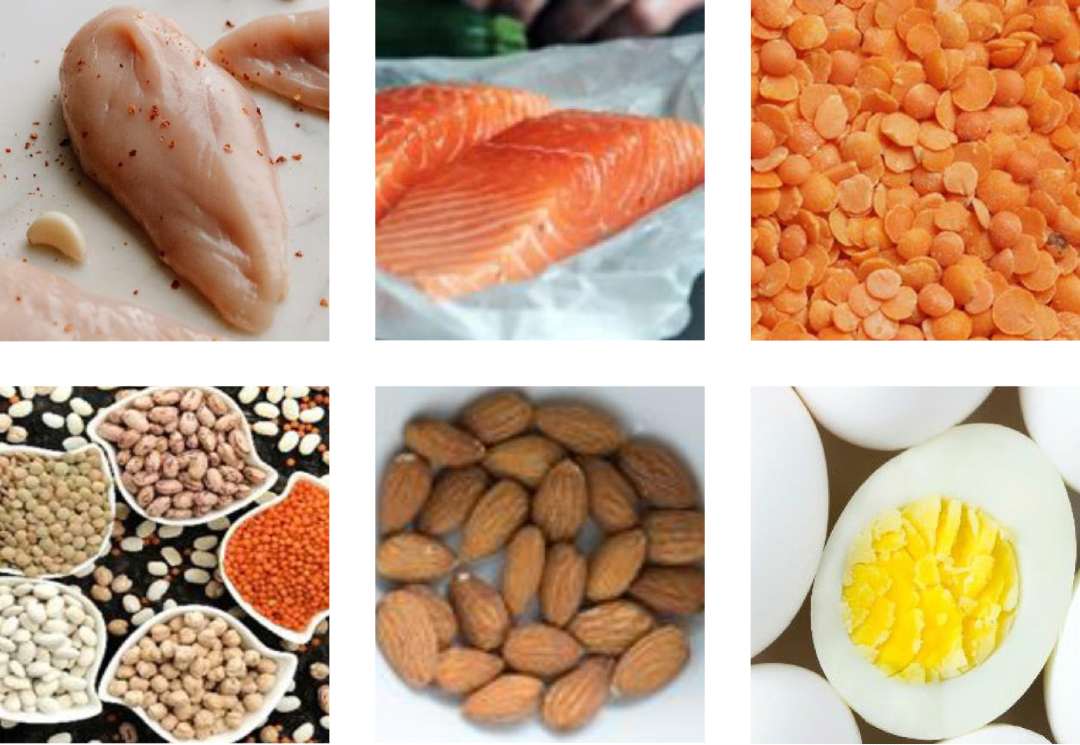

Remember:
Try to eat less red meat (beef, lamb, pork).
Avoid processed meats like bacon, salami, hot dogs, ham.
Dairy
These foods are important for strong teeth and bones.

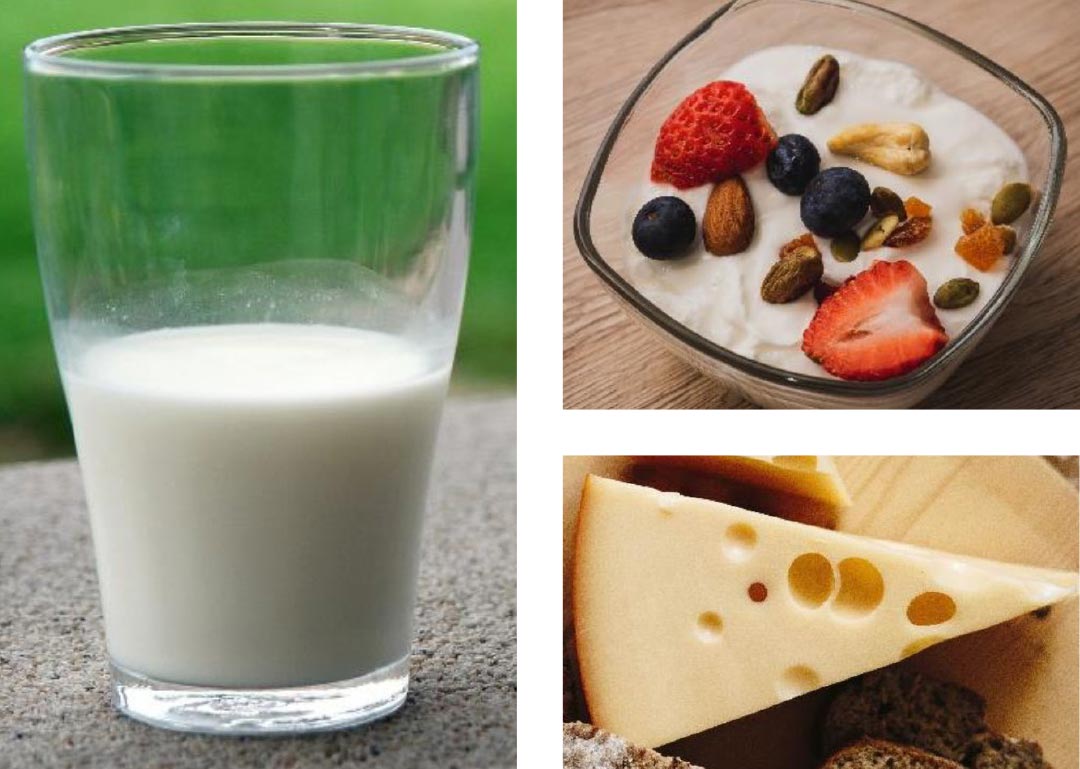

Remember:
Try to have 2-3 small portions each day.
Choose low fat options.
Fats
Eat smaller amounts of foods that are high in fat.
Too much fat will make you put on weight.



Remember:
Avoid frying.
Grilling or steaming food is healthier.
Cut off the fat that you can see.
Sugars
Eating too much sugar will make you put on weight.
Sugar is bad your teeth.

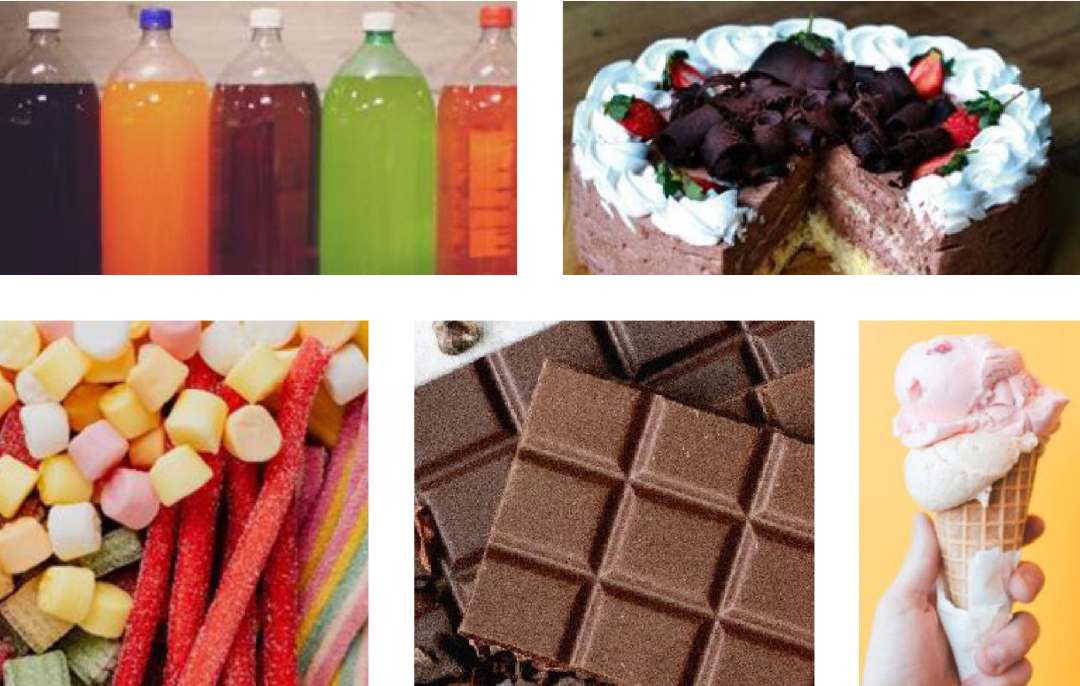

Remember:
Don’t eat these foods every day.
Try a smaller fun-size bar instead.
Check the portion size on your plate
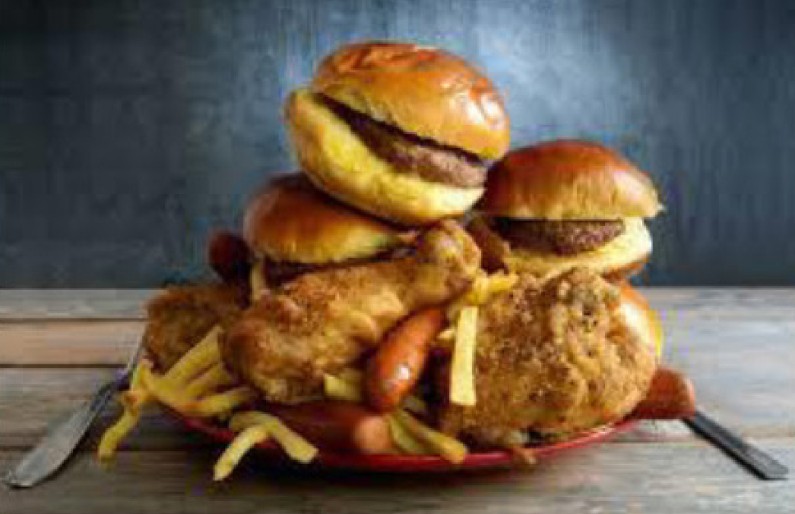




Remember:
Don’t put too much food on your plate.
Try using a smaller plate.
Importance of eating regularly


If you go too long without eating you may feel light headed, grumpy, tired and very hungry.
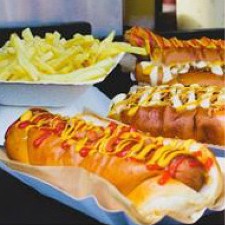

If you skip meals you are more likely to over eat and choose unhealthy foods.
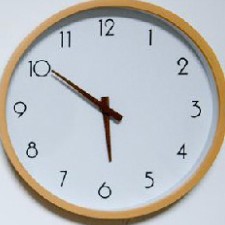
Eating regularly is important because food gives your body fuel (energy). Your body needs fuel to work well.
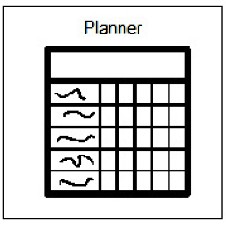
Having set meal times provides structure to your day.
How to eat regularly
A meal plan can help.
Have three meals each day.
Here is an example for 1 day:
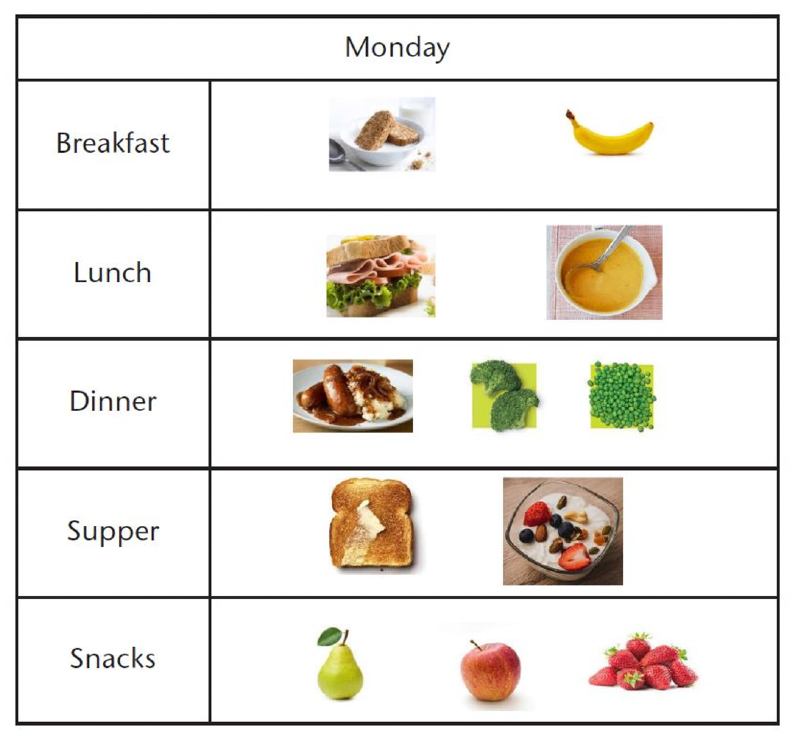
Switch to healthier snacks
Here are some ideas:
Fruit and vegetables or small fruit tub in juice

Small packet of lighter variety crisps, baked crisps or lower calorie popcorn – less than 100 calories per pack
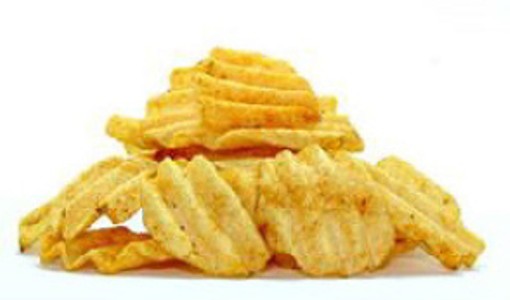
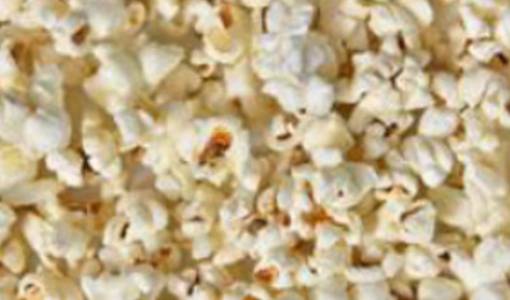
2 small pancakes

1 small plain scone

Sugar free jelly, low calorie custard tub or low fat yoghurt

Importance of drinking well
Drinking enough will:
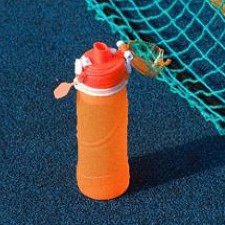

- stop you from becoming too thirsty (dehydrated).
- help you to think more clearly.
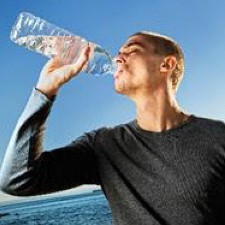

- help your mood.
- help with muscle strength.
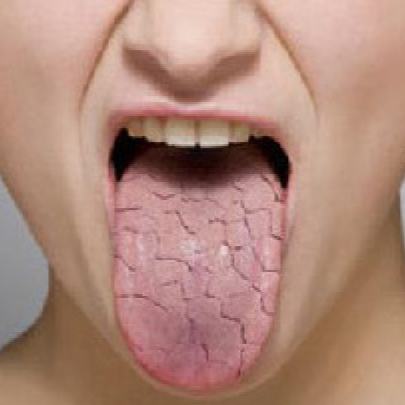

- help your bowels work (prevents constipation).
- help to avoid having a dry mouth.
How you can drink well
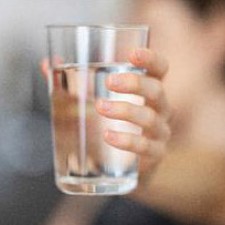

- Try to have 8 – 10 drinks every day.
- Choose water and sugar free diluting juice.
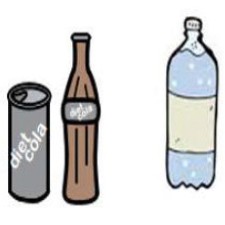

- If having fizzy juice, try to choose caffeine free and sugar free versions.
- If you are drinking fruit juice, try to keep this to 1 small glass a day.
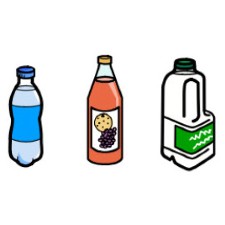

- Choose skimmed (red) or semi-skimmed (green) milk.
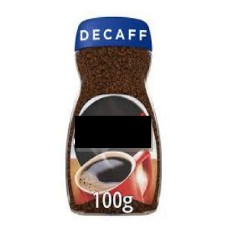
- Choose de-caffeinated versions of tea and coffee.
Avoid:
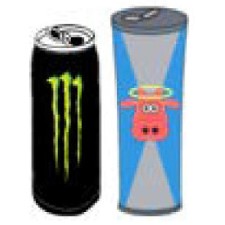

- Energy drinks. These are high in caffeine and sugar. They can harm your physical and mental health.
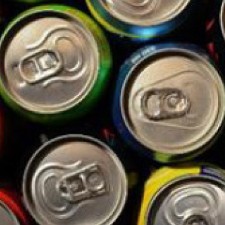

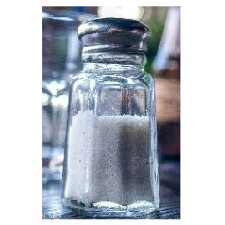

- High salt foods or adding salt to meals. This may make you feel thirsty.
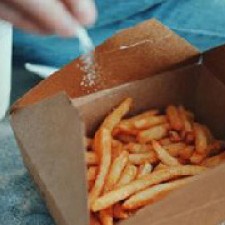

- Too much salt can lead to high blood pressure.
Activity
Being active can help improve your mental and physical health. Check with your doctor that it is okay to exercise.
Swimming

Football

Gardening

Dancing

Walking

Housework

Gym

Remember:

- Eat 3 regular meals a day

- Have a healthy weight
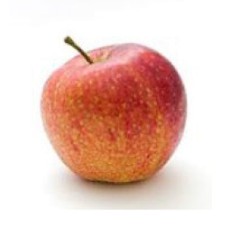
- Eat healthy foods

- Keep active
Further information:
Websites:
Apps for your smart phone:
- Change4Life Food Scanner
- Change4Life Smart Recipes
Follow us on Twitter:
- @LDDietitianNHSL
Pub. date: November 2022
Review date: November 2024
Issue No: 02
Reference: PIL.EATWEL.21_24736.L
22_02797
If you need this information in another language or format, please e-mail:
